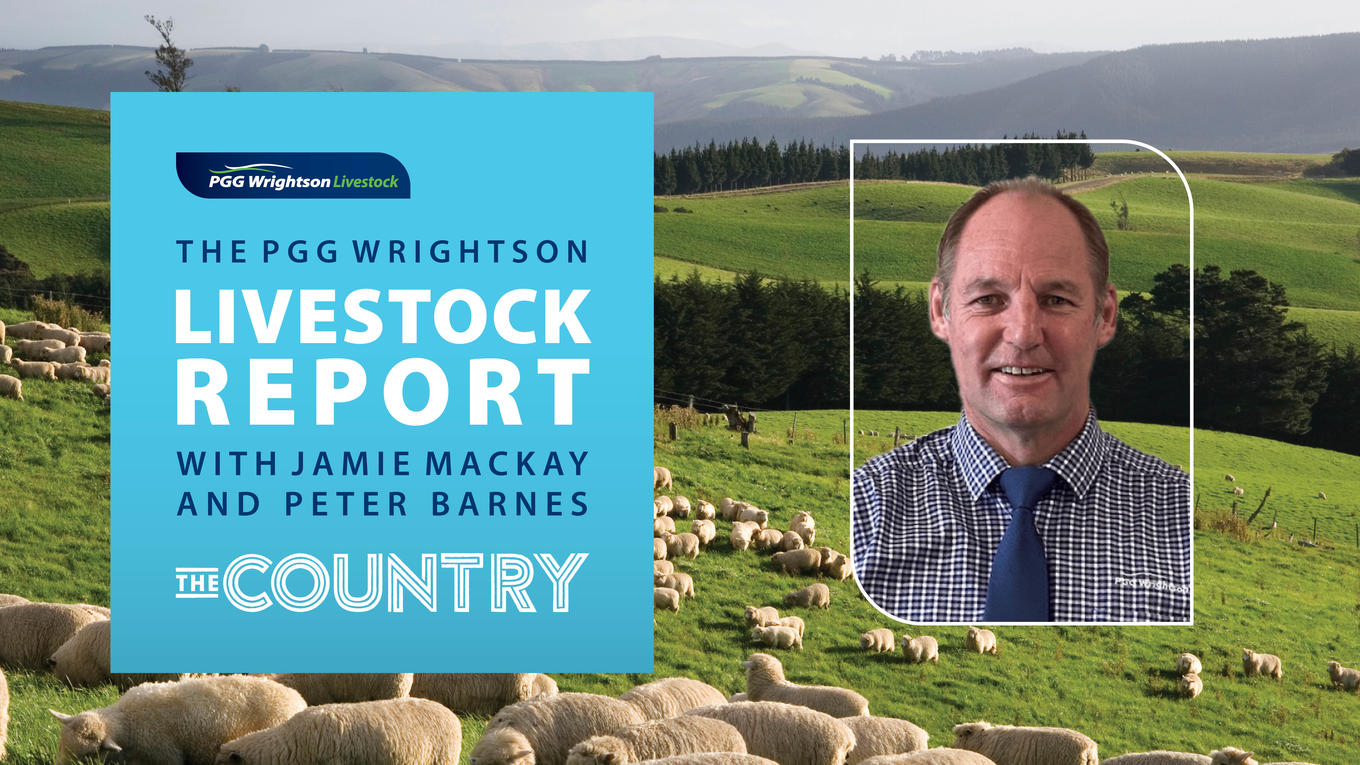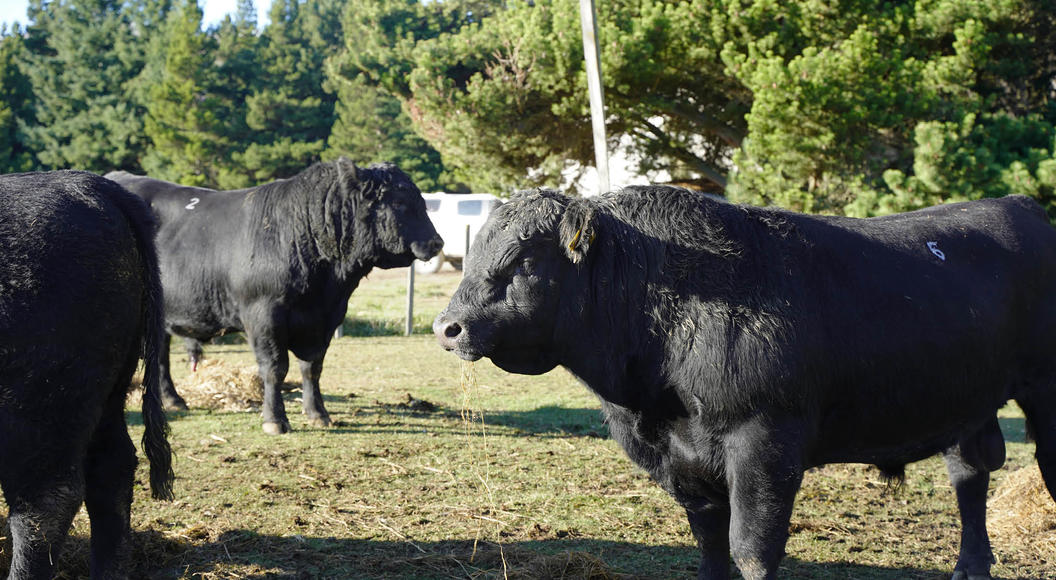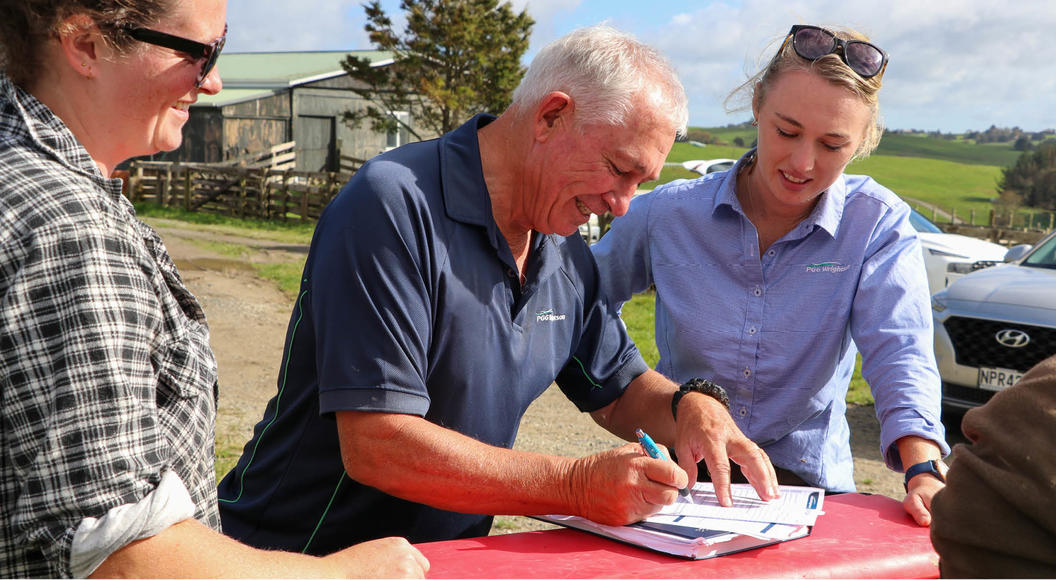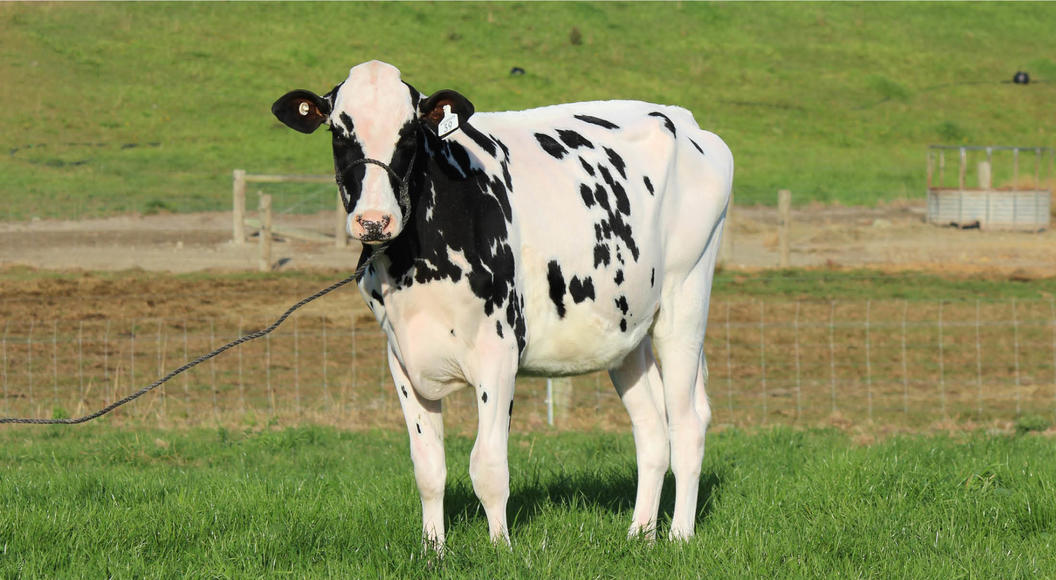
Livestock report: Water woes for Marlborough farmers as dry conditions start to bite
Dry conditions in Marlborough mean water is becoming scarcer and may lead to tough decisions for farmers in the region, PGG Wrightson Livestock Manager, Pete Barnes says.
Barnes told The Country’s Jamie Mackay it was as dry as he could remember in a long time.
“Even as a child growing up here, I have seen these dry summers and dry periods, but this has certainly got a bite in it as far as recent times anyway.
“It’s a tough one.”
A sustained period of dry conditions not only means a lack of grass growth but also stock water.
Barnes said he was keeping in touch with local clients who reported that stock had to walk “quite some distances” to get to watering holes.
The clients themselves were also having trouble locating water sources.
“I’ve spoken to two clients in particular recently that had been out literally tapping [and] finding [that] new springs [and] old springs that have been there for years have dried up.
“They’ve had to find new sources and they’re tapping into them, digging in buckets and piping them and feeding them into new tanks - so they’re chasing water now too for the stock - and that’s a real issue.”
One of the big decisions in dry regions is around capital livestock numbers.
Mackay asked if Barnes knew of any culling of capital stock ewes, for example, in Marlborough.
While he hadn’t seen culling in “any magnitude yet” it was on people’s minds, Barnes said.
“It’s certainly on the lips of everybody - they are digging in and taking another cut of older ewes or lesser quality ewes off.”
Cattle were also being considered, he said.
“There’s some talk of a few breeding cows having to be dropped here and there.
“It hasn’t happened in volume yet but it will hinge on the next six weeks.”
Calf sales have had to be moved as well, Barnes said.
“We had an appetite from a number of vendors to bring [forward] what would traditionally be a sale that we hold next week.”
Instead, the sale was held on February 28, with around 880 head of calves, Barnes said.
“It was a good decision. It was successful.”
This was down to “great support” from the North Island for the calves and through a “sweet spot” with feed.
The next two sales on March 20 and 27 will be combined and held next week, with 1000 calves on offer.
“There’s some talk that we may bring the third - the high country calf sale - forward to mid-April - if there’s enough support for that.”
Also in today’s interview: Mackay and Barnes discussed whether running sheep under the vines at local vineyards was an opportunity for local farmers.


